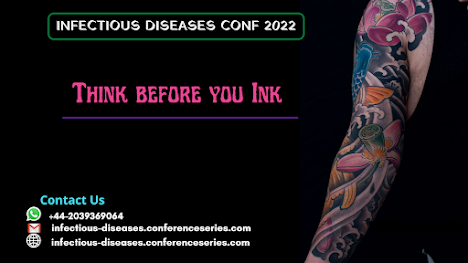Think before you Ink
Tattoos are becoming
more and more popular. Around four out of ten Americans currently have at least
one tattoo. Tattoos are also becoming less taboo in the workplace in a variety
of fields. Even in a typical workplace setting, you may notice multiple
coworkers, your supervisor, or top management with visible tattoos.
Tattoos' popularity may
persuade you that they aren't all that dangerous. However, having a tattoo has
considerable risk: When you stick an ink-covered needle into your skin, you
risk introducing foreign materials or diseases into your body. Getting a tattoo
from someone or a shop that doesn't clean their tools properly — or doesn't
give you instructions on how to keep your new tattoo clean — can lead to skin
infections, infections, and other issues.
A staph infection is
one sort of infection that can occur as a result of a tattoo.
Despite the fact that these infections are curable, staph bacteria frequently
acquire resistance to common antibiotics, rendering prescription treatments
useless.
Staph germs can
potentially penetrate into your circulation and internal organs, especially methicillin-resistant
Staphylococcus aureus (MRSA). Other illnesses, such as sepsis, arthritis, and
toxic shock syndrome, might occur as a result.
Using tainted ink or
ink that has been diluted with unsterilized water might cause illness in rare
situations. The pathogen Mycobacterium chelonae,
which causes skin and soft tissue diseases, was the focus of one outbreak in
January 2012. It afflicted 19 persons across the United States. A persistent rash with redness, swelling, and
papules in the tattoo location was one of the symptoms. Various painters had
utilized a prediluted ink that had been contaminated before they acquired it in
this scenario.
Following are some
treatments that may assist with inflammation and pain following a tattoo:
·
Tylenol and nonsteroidal
anti-inflammatory medicines (NSAIDs) are examples of over-the-counter
pharmaceuticals that can aid with pain and inflammation.
·
Antihistamine drugs, such as Benadryl,
can help with mild allergic reactions like little red bumps or a light rash
around the tattoo location.
·
Topical creams: A fragrance-free,
hypoallergenic lotion helps keep the skin from drying out.




Comments
Post a Comment